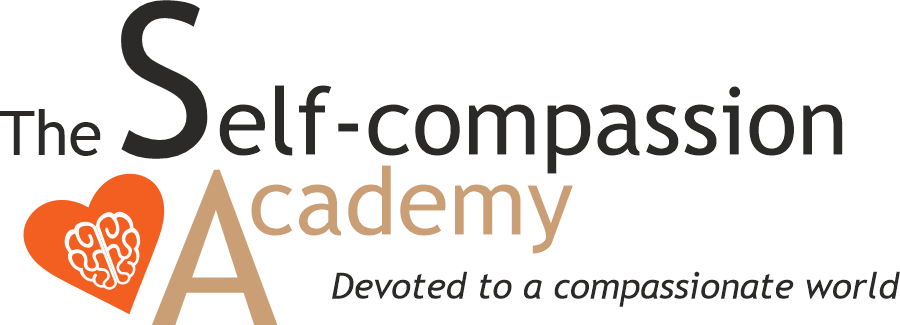Sometimes the days slip by before you even notice. You’re working, seeing friends, catching up with family, squeezing in exercise, replying to messages, cooking, keeping the house in order, scrolling through endless feeds, taking care of your finances, often doing two or three of these at the same time. We multitask our way through the week while trying to stay afloat, and it can all get a bit overwhelming.
The truth is, modern life can be exhausting, and there are moments when everything feels too much. You’re overthinking, unable to find any real sense of calm, and there’s always something waiting for your attention. On days like that, the answer isn’t to push harder and cross off more tasks, it’s to find your way back to yourself.
Why do we feel overwhelmed all the time?
When you think about it, it’s not surprising that life feels overwhelming when you’re trying to keep everything in the air at once. With a constant flow of news, social feeds, buzzing phones, and both inner and outer expectations, there’s hardly a moment to pause and breathe.
You might think you’re feeling overwhelmed for no reason, but most of the time we just try to squeeze too many tasks into one day while expecting ourselves to be happy, productive, kind, and flawless all at once.
Harvard professors Robert Kegan and Lisa Lahey describe this as an “increase in complexity associated with modern life”. And for many of us, it’s simply too much. The demands of daily life often outrun our capacity to keep up.
Most days we tell ourselves we just need to push harder. Do more, be more, get up earlier, grow faster, squeeze more into fewer hours. And with chatbots and AI tools at our fingertips, it can feel almost foolish not to increase our output.
But doing more isn’t always the answer. In fact, it rarely is. When the pressure piles up, whether it comes from outside or from within, it affects your brain. It leaves you drained, scattered, and unable to focus.
“Some people even feel paralysed and can’t decide what to do next”, clinical psychologist and author of the book The Key to Calm Linda Blair told The Guardian. And that can even lead to more overwhelm. Hello self-reinforcing loop.
What do you actually feel when feeling overwhelmed?
When we say we’re feeling overwhelmed, what are we actually talking about? What is overwhelm? Overwhelm is essentially a signal that we’ve reached the limit of what we can handle at a given moment.
How it feels, however, can vary from person to person, experts say to The Guardian. Neuroscientist Faye Begeti explains that people experiencing overwhelm often feel stressed, but she emphasizes that stress isn’t necessarily the same as overwhelm. She describes it as being in “low‑power mode”.
Former clinical psychologist Alice Boyes adds that overwhelm is accompanied by anxiety, rumination, and avoidance. “These feelings can perpetuate the sense of overwhelm, lead to a loss of self-confidence, and create a gap between the demands you face and your perceived ability to cope.”
What happens to your body when you’re overwhelmed?
Overwhelm isn’t necessarily the same as stress, but the body reacts in similar ways. When stressors and strong emotions build up, the body releases the stress hormone cortisol into the bloodstream, which affects nearly every system in the body.
According to the American Psychological Association, stress can contribute to:
- immune disorders
- metabolic disorders
- chronic fatigue
- depression
- premenstrual symptoms
- reduced sex drive
- bloating and other gastrointestinal discomfort
- muscle tension and other musculoskeletal issues
- rapid breathing and changes in the respiratory system
- increased heart rate, high blood pressure, and a higher risk of heart disease
You might find this interesting too: What You Need to Know About Self-Compassion As a Woman
And in your brain?
In their book, Kegan and Lahey describe how constantly feeling overwhelmed can leave its mark on your brain and lead to symptoms such as:
- forgetfulness
- confusion
- mental slowness
- difficulty concentrating
- overthinking
- not able to solve problems
- cognitive fatigue
What actually helps when life feels too much?
When you notice you’re feeling overwhelmed or tense, the best approach is to pause, perhaps even longer than you’re used to. Regular rest and recovery are essential for recharging your (mental) energy, Faye Begeti tells The Guardian.
The activities that help vary from person to person. It could be exercise, crafting, reading, mindfulness or breathing exercises, or anything else that restores your energy. “And sometimes it’s simply allowing yourself not to respond immediately to every single message you receive,” she adds.
Next to that, it’s important to get enough sleep, prioritize tasks, and set realistic expectations for yourself. Most importantly, Begeti adds, “recognize that you have a limited amount of energy to use throughout the day.”
You simply can’t do it all, and certainly not all at once. Give yourself some leeway and recognize that multitasking your way through life and asking too much of yourself is more likely to set you up for failure than for success.
Also read: How to ground yourself when you’re overwhelmed?
Credits image: George Pisarevsky via Unsplash






